Date: 17 June 2008
"I am encouraged about the prospects for completing a transaction this year," CEO Charles E. Bunch told analysts during a presentation in New York. PPG will begin to market the automotive glass business by midyear and probably will discuss a variety of transaction possibilities or structures for the deal, Bunch said.
The sale of PPG's automotive glass business, which consists of its original automotive glass manufacturing, replacement glass and related service centers, would affect about 230 workers at its Creighton plant in East Deer, about 280 at its glass plant in Tipton, Blair County, and about 260 at its plant in Meadville, Crawford County. In all, PPG has nine automotive glass manufacturing plants, nine satellite assembly plants and service centers, all of which employ about 4,400 workers.
PPG planned to sell that business last year to Platinum Equity LLC, a private equity firm in Beverly Hills, Calif. But Platinum Equity terminated the agreement in late December and sued PPG in New York State Supreme Court, claiming it did not owe a $25 million breakup fee because PPG allegedly misrepresented the financial health of its automotive glass business. That case remains in the New York court.
The credit market should not have an adverse impact on PPG's ability to sell the automotive glass business because, in terms of the size of the transaction, "it much better fits in the wheelhouse of acquisitions that are being made at this time," said William Hernandez, PPG's chief financial officer.
While the business performance of the automotive glass original equipment manufacturing has been under pressure, Bunch said the business still has a strong aftermarket component and a robust services component. The weak U.S. dollar has helped to the extent that there is less competitive pressure from imports "so the financial performance continues to be solid for these businesses," Bunch said.
Since the agreement was terminated, Bunch said PPG has completed a series of actions in preparing to remarket those businesses.
PPG, the world's second-largest coatings maker, sees solid growth rates of 20 percent in both the Asian and Latin American markets. The U.S. and Canadian markets remain challenging, Bunch said.
The company, like all other business, has suffered from higher energy expenses, which primarily were responsible for an $80 million increase in costs, Bunch said. First-quarter energy costs rose by $25 million, compared to first quarter 2007, primarily because of natural gas costs. Freight costs jumped by $20 million, due to higher fuel prices, and PPG found itself paying $20 million more for coatings raw materials, many of which are petroleum-based.
PPG did raise prices that recovered almost $70 million of those expenses, but was not successful in offsetting all of the freight increase because diesel prices shot up about 50 percent, year over year, Bunch said.



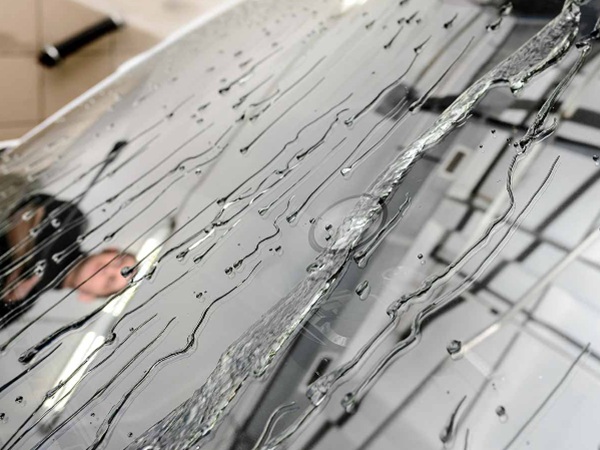
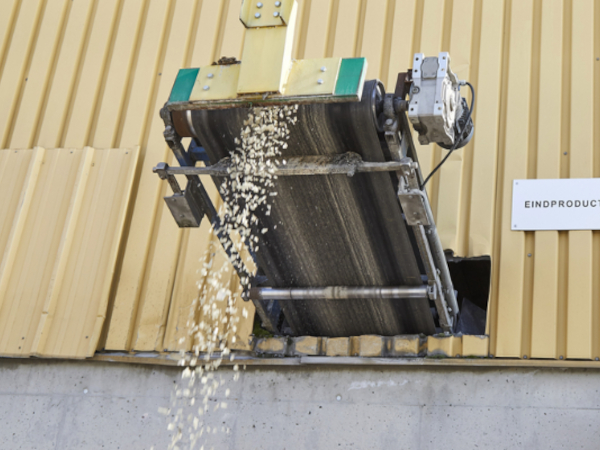








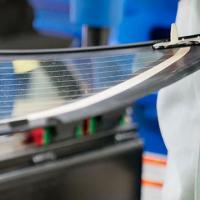

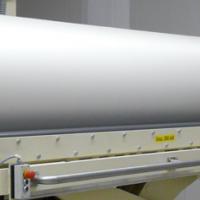

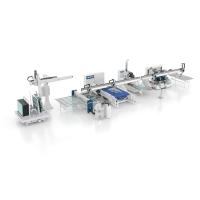
Add new comment